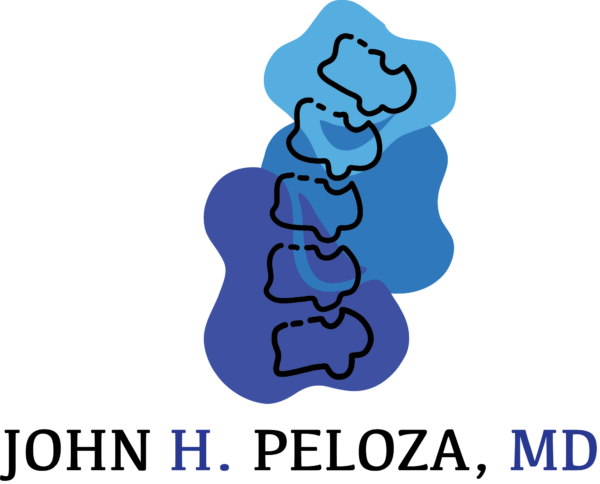
What is Lumbar Decompression Surgery?
Lumbar Decompression is a type of surgery to relieve symptoms caused by pressure on the spinal cord and/or the nerves branching off from it. Pressure (compression) on the nerves or spinal cord can be the result of several factors including:
- Bulging or herniated discs
- Bony growths
- Loosened ligaments.
Symptoms of Spinal Nerve Compression in the Low Back Include:
- Pain in the low back, as well as in the buttocks and down the leg
- Numbness or tingling in the buttocks, leg and foot
- Weakness
Severe cases of nerve compression in the low back (lumbar region) can cause paralysis and problems with bladder and/or bowel function.
How is Lumbar Decompression Surgery Performed?
There are several surgical procedures that can be performed to remove the pressure (i.e., decompress) on a nerve or spinal cord. Surgeons often utilize more than one of these techniques. If the spine is unstable, spinal fusion may be required in addition to decompression.
Discectomy: A portion of a disc that has herniated is removed to relieve pressure on the nearby nerves.
Laminotomy/laminectomy: These procedures which increase the size of the spinal canal are very similar. A piece of bone (called the lamina) around the spinal canal is either partially or totally removed.
Foraminotomy/foraminectomy: These procedures are very similar; they increase the amount of space around nerves as they branch off the spinal cord. A piece of bone and other tissues are removed to provide this space.
Osteophyte removal: This procedure involves removing bony spurs (osteophytes).
Corpectomy: This is a procedure to remove a large portion of a vertebra.



